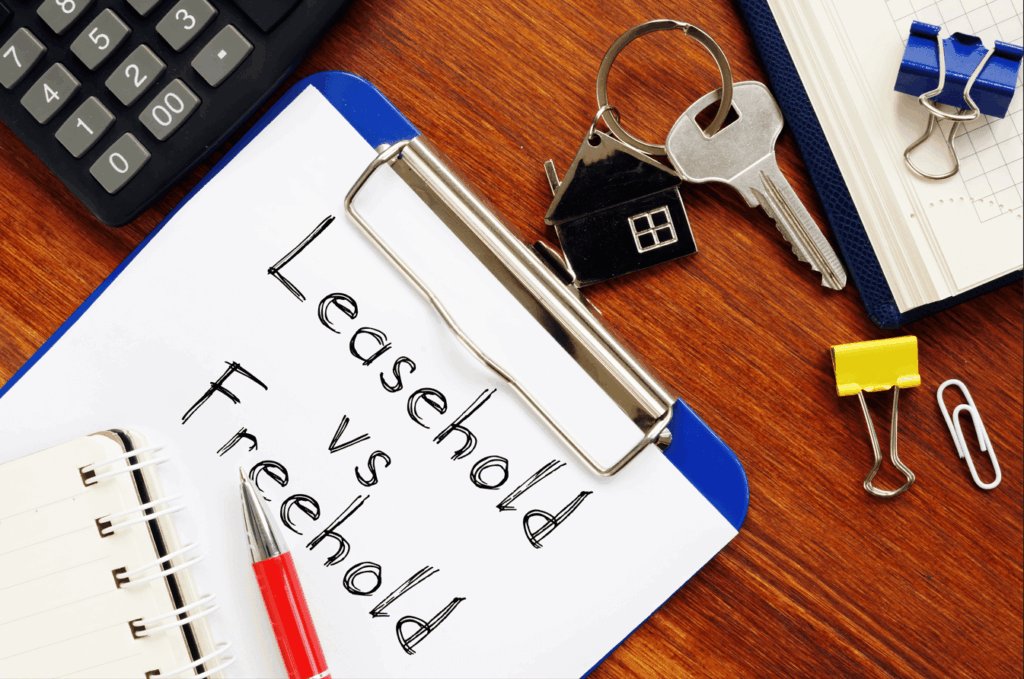The Tax Implications of Second Homes and Buy-To-Let Properties
Are you thinking about buying a second home? Whether you are planning to buy another property to live in while keeping your existing one or thinking of investing in a buy-to-let property, there’s a lot to think about. As a doctor, you may move around a lot for your work, which might naturally see you wanting to buy a second property, or it might make sense to invest. If this sounds like you, you’ll need to know the tax implications of owning a second home.
Reasons For Wanting a Second Home
There are many reasons someone might want to buy a second home. Some might want a home they live in during the working week that’s local to work and another to retreat to at the weekend. Equally, other people – especially doctors – may move around a lot for work, which might see them want to purchase a property in a new area while keeping their existing home, either using it as a family base or renting it out. You may want a second property to use as a holiday home or to invest in another property to rent out. This is called a buy-to-let property.
What Are The Extra Costs Associated With Owning A Second Property?
It doesn’t matter if you are buying an additional property just to own or to buy-to-let; the same tax implications will apply. Outside of tax, if you intend to get a mortgage for your secondary property, most lenders will want a 15 to 20% deposit and a 25% deposit for a buy-to-let mortgage, although this could be higher. Your outgoings for the home you already own will also need to be factored into your affordability, which could impact your borrowing power.
Stamp Duty
When you buy any property in the UK, you will be subject to Stamp Duty Land Tax (SDLT) if it is over a certain price. When you buy a second property, you’ll have to pay an additional 5% on top of the standard SDLT rate for your property price, so you’ll have to factor this into your budget.
In the UK, it doesn’t matter where in the world your first home is; it could be as far away as Australia, and you will still be liable to pay this higher rate of stamp duty.
Capital Gains Tax
Later down the line, if you decide to sell your second home, it will be subject to capital gains tax (CGT) if its value has increased since you purchased it. Only the increased growth in value will be taxed and your annual CGT allowance could reduce what’s payable.
Council Tax
Council tax is also payable on second homes – even ones that don’t have anyone living there. From April 1, 2025, council tax on second properties increased, with some properties being subject to as much as twice the standard rate*. If you have purchased a buy-to-let property that is being rented out, it’s usually the tenant’s responsibility to cover council tax.
Utility Bills and Maintenance Costs
When buying a second home, you’ll have to consider the costs of running a home. This includes utility bills, maintenance, and any renovation costs.
Do I Still Have To Pay Stamp Duty If I’m Purchasing A Buy-to-Let Property?
It doesn’t matter if you’re buying a second home for your own use or as a buy-to-let property; you’ll still need to pay stamp duty. This is 5% on top of the usual stamp duty for properties.
What If I Don’t Disclose That I Already Own A Property?
Can you get away with not disclosing that you already own a property? While it might be tempting to keep quiet about already having a property, it’s not worth the risk. If HMRC finds out, you’ll be subject to hefty fines that could be much more than what you’d need to pay in tax if you were honest from the start.
As part of their due diligence, solicitors will also check and ask you about any additional properties you own, and you cannot mislead them. Ethically, your mortgage advisor can’t be seen to mislead either, so it’s always best to be honest. The running costs you already pay on your first home will also need to be factored into your affordability if you are getting a mortgage, and lenders need to have a transparent overview of your financial situation to approve your application.
If you’re thinking about taking your next step on the property ladder, you’ll be liable to pay additional tax that you’ll need to factor into your buying costs. If you need help understanding how second home mortgages work and want to know more about the tax implications, you can book a free meeting with our professional team, who will be more than happy to help you.
*https://hoa.org.uk/advice/guides-for-homeowners/for-owners/second-home-council-tax/




